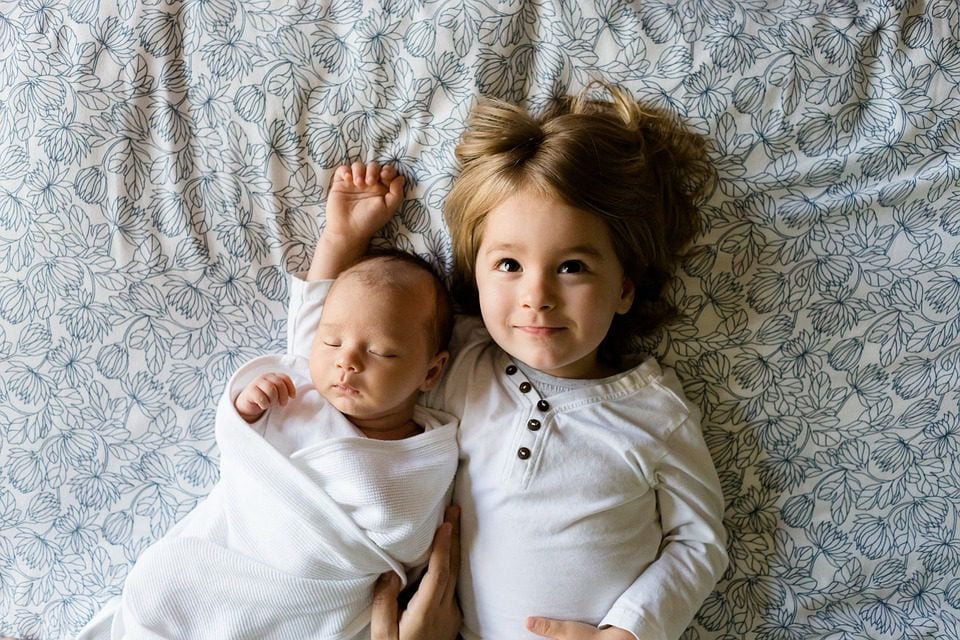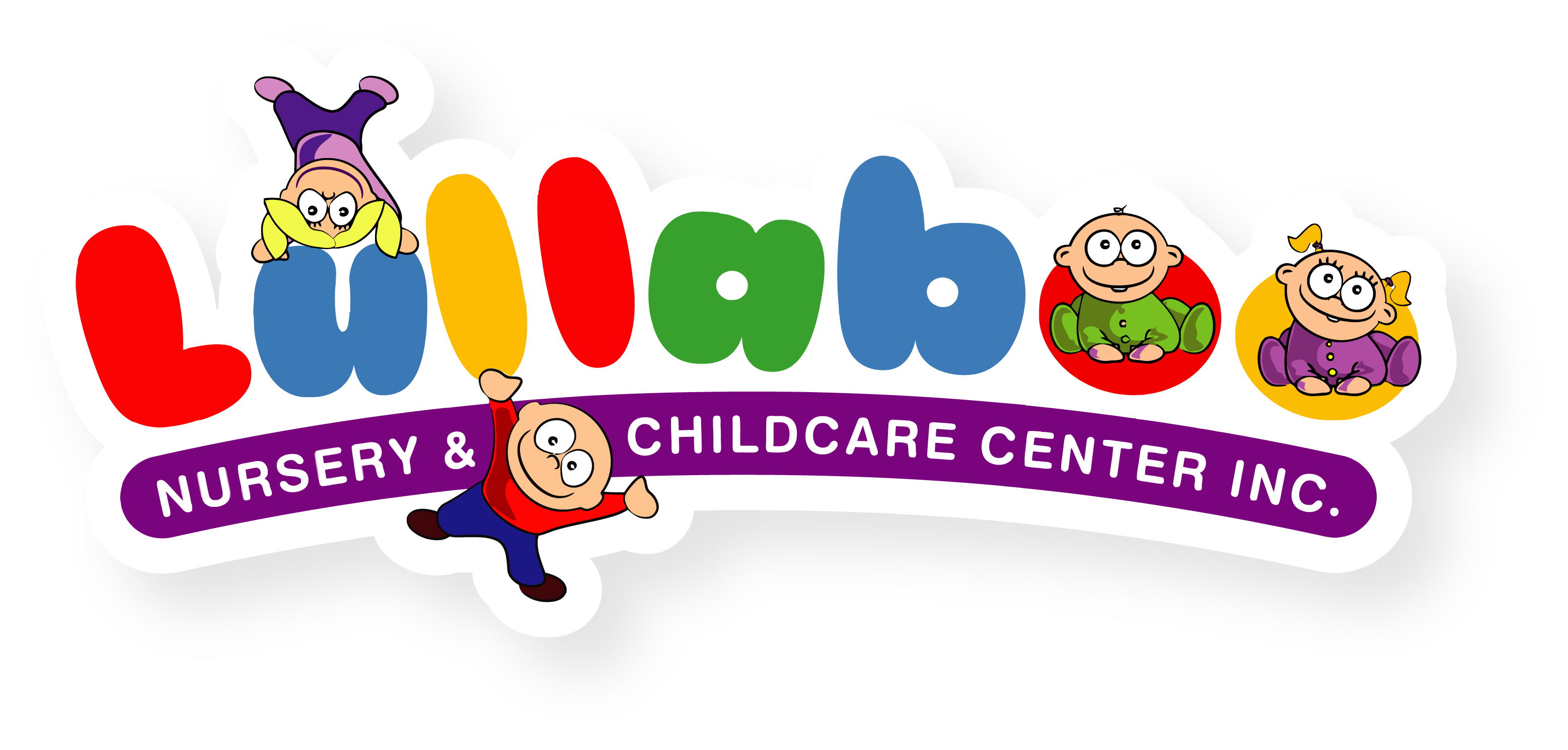
16 Aug A Parent’s Brief Guide to Each Early Childhood Stage
Each early childhood stage brings its own triumphs, challenges, and discoveries for every child and parent. Knowing about your child’s physical development, cognitive growth, and social-emotional skills is an important skill for every parent. There are four major stages for young children: newborn, infant, toddler, and preschooler. Let’s take a moment to review the major milestones for each. Remember that each child is unique in their own development. If you have any concerns about your child’s progress at each stage, speak with your medical professional.
Infants and Newborns
The infant early childhood stage typically concerns the first week of life. During this time the child is adjusting to life outside the comfort of mother’s uterus. The infant‘s weight can increase significantly during this time. The head is very large, and “soft spots”, called fontanels, are still not bone. An infant will have lanugo, or fine body hair, all over its body. At this stage through the infant stage (five weeks to eleven months old), the child will continue to develop. At first, the infant will have limited communication. Cries for food, warmth, and comfort will be common and may be difficult for new parents. But be assured that this is normal.
Toddler
The toddler stage is an exciting time of emotional and physical development. Now independent of their parents, the young child will explore his or her surroundings and test their limits. Parents introduce solid foods at this time, weening the infant off of breastmilk or formula. Growth continues as the child loses much “baby fat”. Speech may be one of the most exciting developments at this age as they learn new words and simple sentences.
Preschool
Most children in developed countries will attend school starting at around six years of age. The time period before that from about three to five years old is considered “preschool”. At this point in development, the child has learned how to communicate using words and gestures. They play with other children for a sustained period of time. They begin to understand their place in the world, but will still cling to parents when afraid. Parents introduce educational concepts like numbers, letters, and colors in hopes of preparing them for school.
Each stage is a unique and exciting time for the parent and child. Enjoy each moment.


